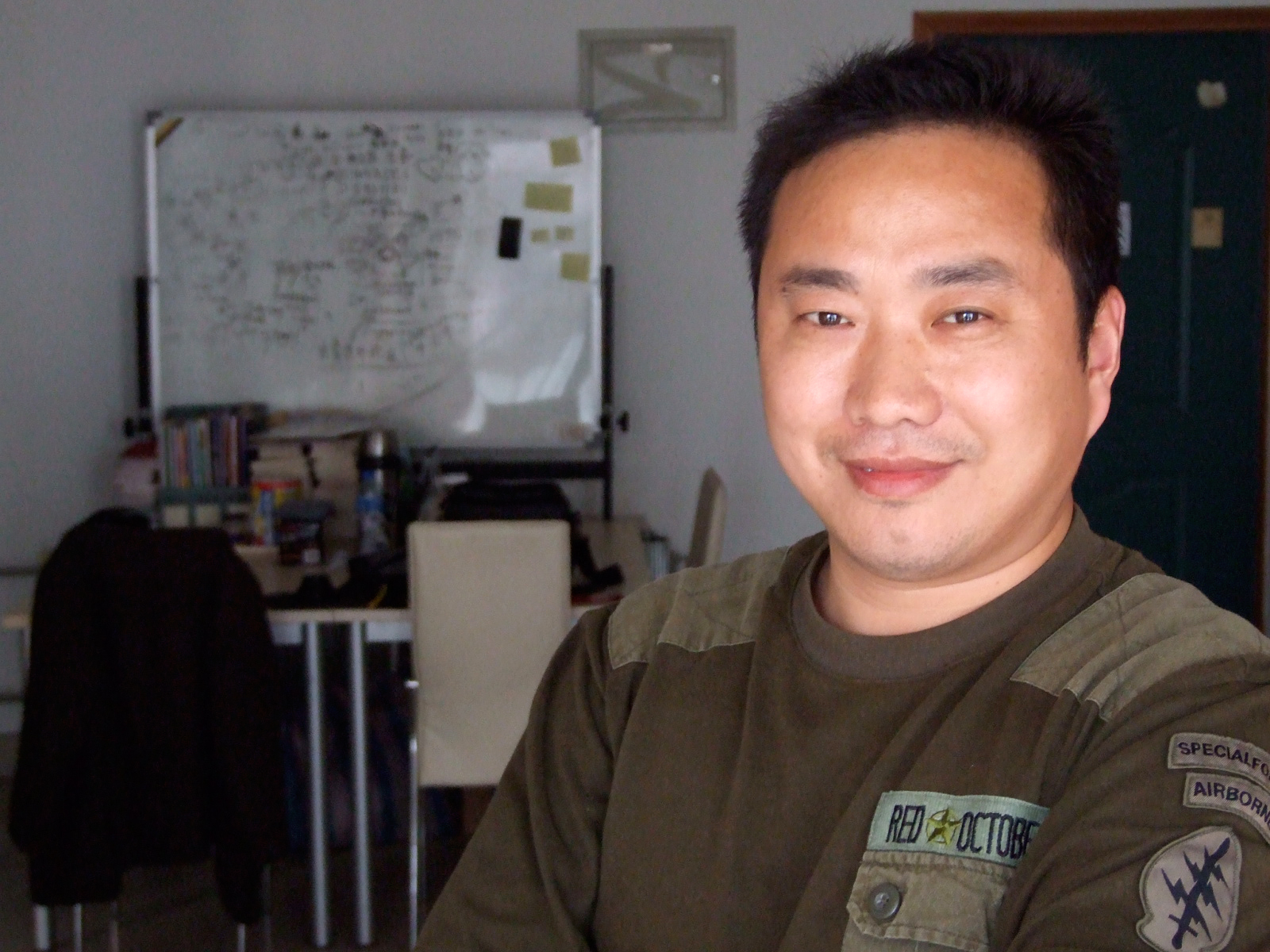Diary of an AIDS activist
Cheng Xiangyang of AIDS charity 爱源 talks to Alec Ash in Beijing
“In 1997, in my village in Henan province, China, people started to die inexplicably. There were certain symptoms they all had in common: fever, diarrhoea, and so on. More and more of us fell sick and died. The doctors said there was no virus - but they didn't test for HIV. A rumour spread that it might be AIDS, so we found some books and pamphlets. One related the symptoms: long-lasting fever, diarrhoea, just what everyone was falling sick with. By this time, a lot of people had died. When a doctor from outside our local area confirmed it was AIDS, we knew what had happened.
In the early 90s, the tax burden was very heavy. We didn't make enough money to live on from farming, so there was no other option but to sell blood to the local hospitals. You could earn money, and the government assured us that selling blood wouldn't affect our health. In fact, it has killed many of us. The hospitals took valuable blood plasma out of the blood, by putting all the blood into a mixer. At this time the blood became contaminated. Then they re-injected the mixed blood back into everyone.
Everyone who had sold blood was terrified. They all knew they would likely get AIDS. But no outside the affected villages cared. We went to Beijing to petition, but through formal channels we couldn't find any help. Media within China couldn't report this, we had to find foreign media to report it. It was very sensitive. You couldn't bring outsiders into the AIDS villages, especially not foreigners. The government just ignored us.
My wife died last December, before the Chinese New Year. She had sold her blood, and was diagnosed with AIDS in 2004. I felt hate. But it's hard to say who I hated, who I blamed. She was very sick for four days, then died with me by her side. I have a daughter, she's healthy. And I didn't sell blood myself, so I'm not sick. Everyone in the village was afraid of those with AIDS. Their relatives were too frightened to visit them, to eat from the same plate. Hospitals weren't willing to operate, because of all the infected blood. There's still too little knowledge, too much prejudice.

After 2004, Beijing openly acknowledged the problem, and it was easier to help the situation. That was when my charity, Loving Source, officially opened - we had been working underground for a couple of years before that. From the government, we demanded free access to doctors and compensation for the sick - they were both given when Beijing changed its tune in 2004. But all the while, more and more people were dying.
I spend most of my time in AIDS villages like mine, in Henan. I bring medicine, rice, clothes, books - all donated by friends or thanks to overseas benefactors. Kids are the most pitiful. For many, their mums and dads are dead from AIDS, they have no education and malnutrition. Hundreds of them are sick, and the rest are all deeply emotionally affected. I aim to keep them healthy, but also happy. I organise film screenings, internet sessions, sing-alongs, and sometimes trips to big cities, as they've never left their villages.
There are over 8,000 AIDS patients in my county alone, and a lot of them are very poor farmers. There are some things the Chinese government can't or won't do. Although treatment is free, living costs aren't, nor is sending your kid to school - and sick people can't pay those costs. The compensation to AIDS victims is 50 yuan a month (£4.67), sometimes not even that. That's not nearly enough. The government admits the problem, but not their responsibility, that it was their fault. They simply don't talk about where the AIDS outbreak originated.
For the future, I hope that AIDS orphans don't grow up under the shadow of their experience, and that things are better for the next generation. I hope they won't be duped by the government, as we were when we sold our blood. But they could never forget this tragedy. They all know how their parents died.”

















